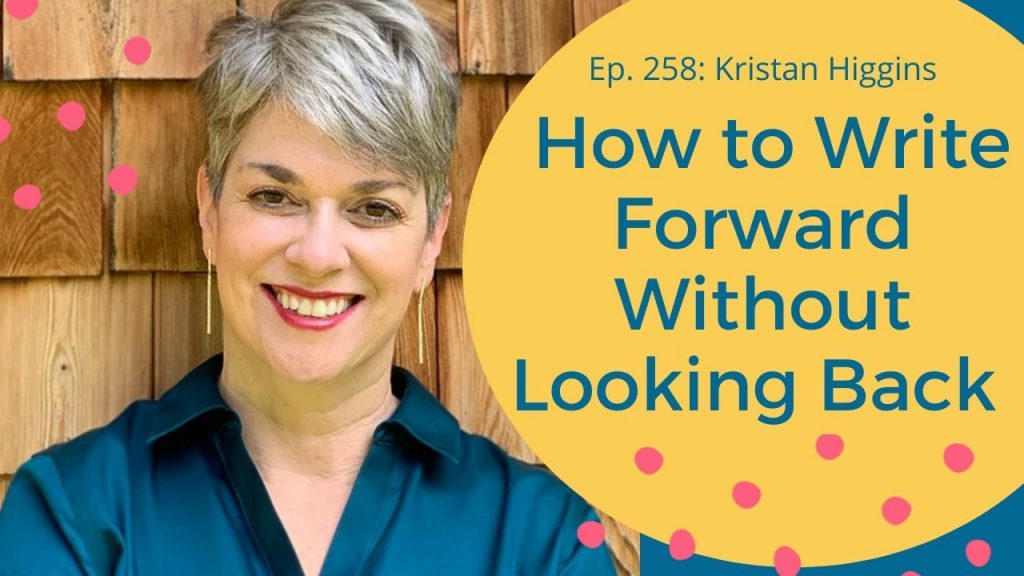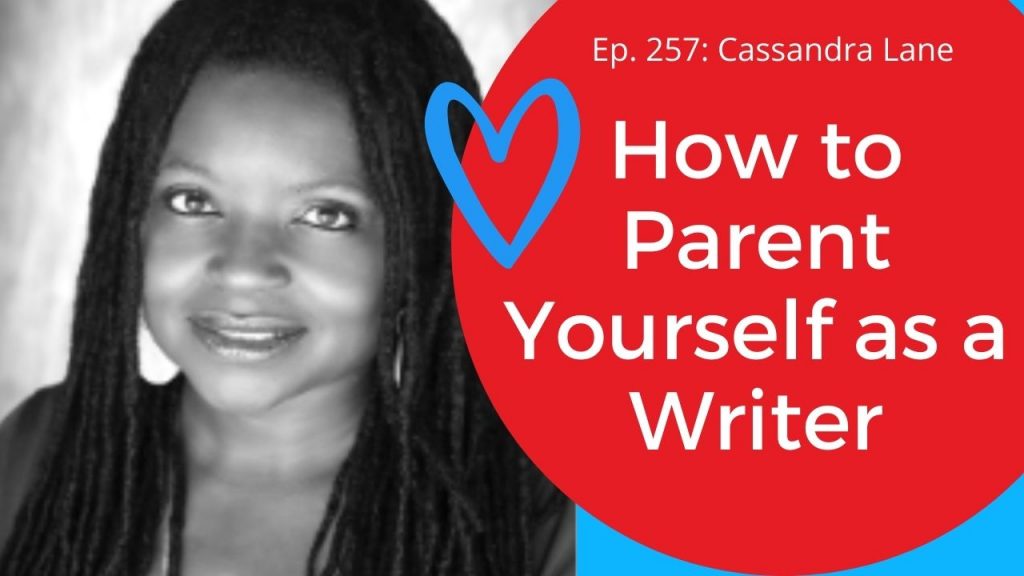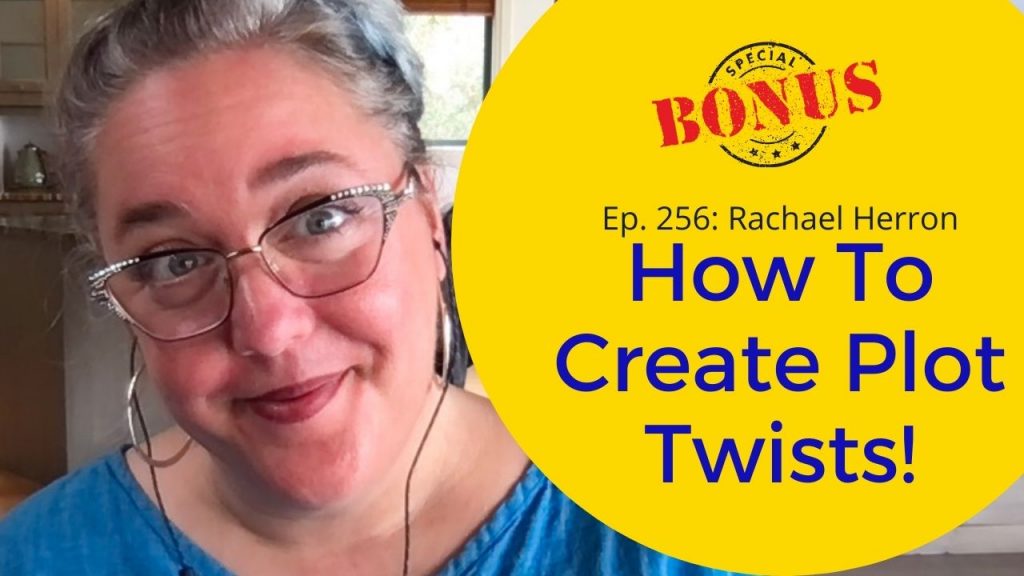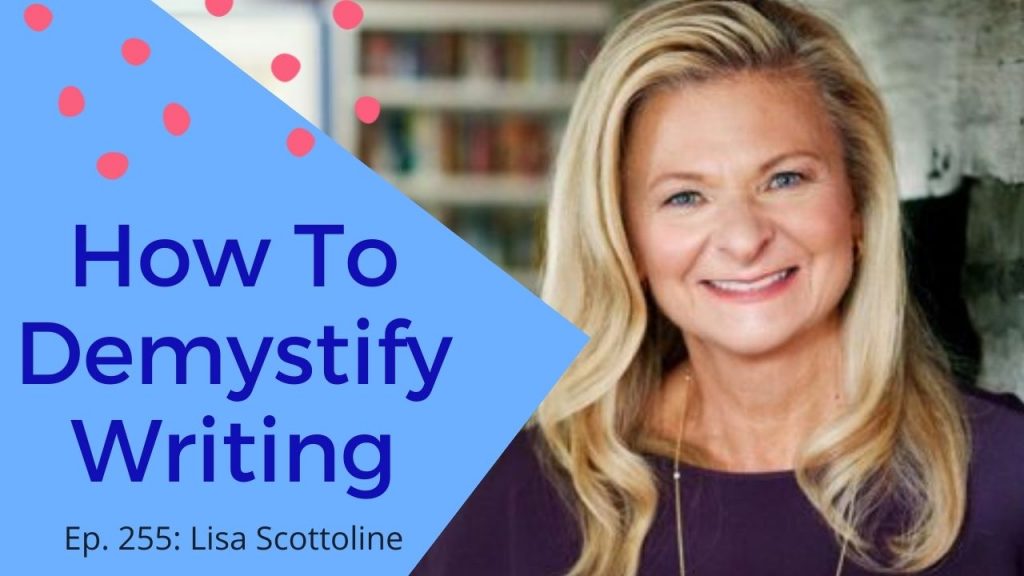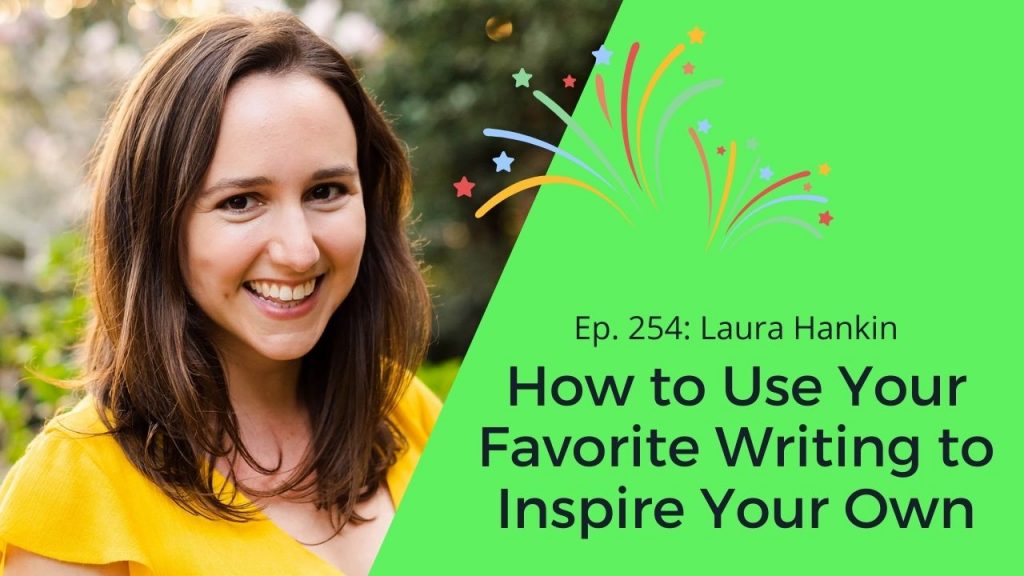In this bonus mini-episode, Rachael talks about how to actually break free from your outline and get down to the good stuff: actually fast-drafting. How do you start? What does skeletoning your work look like? When do you know you’re ready? Don’t miss this episode, brought to you by Rachael’s awesome patrons.
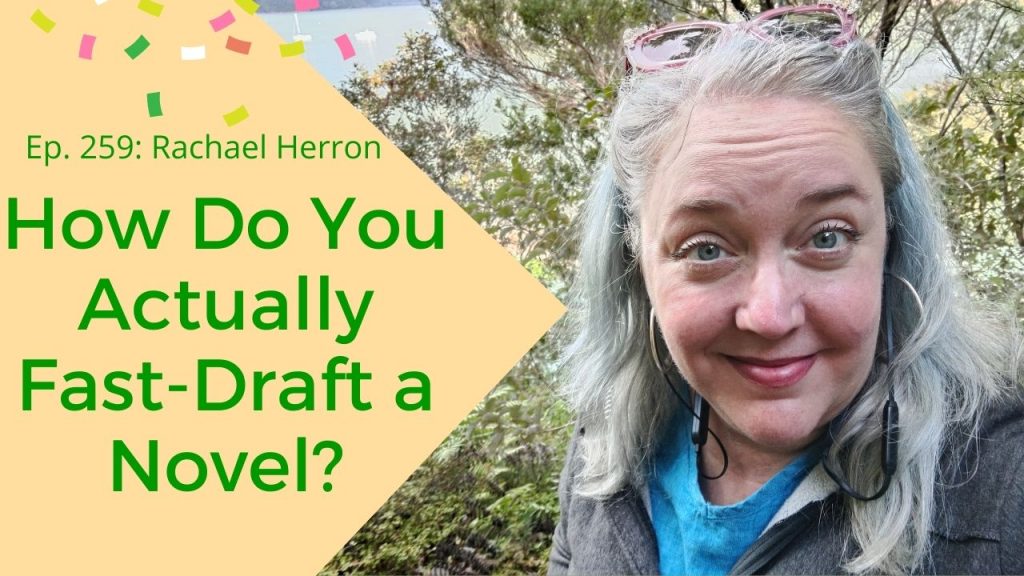
Transcript:
[00:00:00] Rachael Herron: Welcome to “How do you Write?” I’m your host, Rachael Herron. On this podcast, I talk to authors about how they write, what their process is and how their lives fit together. I’ll keep each episode short so you can get back to writing. [00:00:16] Well, Hello writers! Welcome to episode #259, this is a bonus mini episode answering your questions. If you are at the Patreon level of $5 and up a month, you can ask me any questions you want. I’m only got one today, so it’s going to be a short episode, but it’s a good one. And it’s going back to my roots of what I really love to talk about. So let’s get into it. This is from Kate. [00:00:41] Hello again, Kate. All right. She says related to her previous question which was the last mini episode, as I shared, I’m having a problem finishing drafts and hence, I’m working on my outline with story bits and mystery bits to hopefully finish my next draft for real. But I think I’m having another problem, which is that because a previous draft that didn’t work and I abandoned, I think I’m afraid to move beyond the outline and into the story. I’ve been trying to outline for weeks and I’ve run out of ideas, but I’m afraid to write because lost my place because I think I need to beef up my outline still more. How do I know when I have outlined enough? I think that fast drafting or skeleton drafting might help me, but I’ve never tried that before. My previous attempts at writing were fully fleshed out as best I could do with character dialogue et cetera. I would like to try a first draft in an effort to make my story and mystery mechanics work as quick as possible, then put the meat on it, but I’m feeling at a loss as to how to really do this. I think my perfectionism might be getting in the way and making me resist sketching something versus writing it fully. [00:01:50] I purchased your book on fast drafting your memoir and I look forward to reading this for more info, but could you comment on this in regards to doing a mystery story? How does one go about fast drafting? Thanks so much. You’re the best! No, you are the best, Kate. Thank you so much for asking this marvelous question. What I love about this question? In fact, I believe you said it straight up. Where did you say this? I think I’m afraid to move beyond the outline and into the story. I want to tell you that that is normal. We, many of us feel this way. Some people are just born pantsers and they would never consider an outline, no matter what they’re still doing, they’re still going to end up with good story structure. [00:02:41] If they end up with a good book, the story structure happens without them making an outline. They’re just able to do that. I’m kind of in the middle. I like a very loose outline of the major plot points. And then I discovery write my way there to flesh out a story. However, I have done really carefully, very well plotted outlines and here’s the thing, no matter what, when you leap into writing the story, no matter how completely you think you have outlined, the story will always take over. Always, always, always, if you talk to the outliner who outlines every scene down to blocking and exactly, who’s going to say what basically they have their whole book written still, the book will jump out of the outline because as we write a story, we learn what the story wants to be. The story, the book is teaching us what it wants to be. And I mean that very literally what I mean by that is that you cannot outline enough. You will never be able to figure out an outline clearly enough and get the inspiration that you need to fill in the outline to perfection. Because you’re not writing the story. [00:03:59] Once you’re writing the story, the inspiration comes, the muse when you are actually writing, not outlining, but when you’re actually writing your terrible crappy first draft of any of these scenes, that’s when the muse shows up and that’s when your brain and sometimes the saying, oh, this is so terrible. But if you stick around and you ask that editor’s voice to shut it down for a minute and sit, the editor can sit in the room with you, but the editor can’t touch the keyboard. That’s just for you. That’s just for first drafting and the muse then is able to whisper something in your ear that she never would have given to you. When you were doing the outline, you’re not smart enough. We are- and I’m not talking about you Kate. I’m talking about we as writers. We are not smart enough when we are doing outlines to know what the book really wants to be. So your deep question here is how do you fast draft? How do you do that? For me, it comes, it always comes down to quantity and you can measure one of two, one or two things. [00:05:04] For a first draft, many writers, I’m going to say almost most writers, I would say that most writers are aiming toward a word count. So if you tell yourself, when you look at your calendar, you figure out how many days you have to write this book and you want it to be done by X date. How many days does that leave you? How long has this book want to be? How much of your already written, how much is left, do some basic math and you find out that, okay, this is a good pace. If I want to be done on November 3rd, whatever your date is, I need to write 1500 words a day on my writing days. Fantastic. What happens is that you have to make yourself just sit down and write 1500 terrible words. [00:05:45] It does not matter what the words are. Your story will progress. You already have an outline. So you are ahead of many people who want an outline, and this is important: You don’t feel like your outline is done because your outline is not done. And your outline is not going to get done until the book tells you a little bit more about what it wants to be. So you have to pick a word count and head toward it. It usually most people’s word counts are somewhere between 500 words a day and 2000 words a day. I can generally do up to 3000 words a day, although that’s pushing it for me personally, I have done up to 4 and 5,000 words a day on a regular basis. And that wears me down. For me I’m really in the 2000 words a day range. And that’s generally what I tried to do. The story we’ll keep chugging along because you keep showing up and putting words into it. Even if you don’t know what’s going to happen when you stand up and walk away from your computer. [00:06:43] What I like to do when I’m fast drafting is always make a note of where I am when I stopped for the day. Maybe make a post-it carry it around where you can see it, put it next to the bed and ask yourself as you go to sleep. Okay. You know, she’s at the dump right now, dumping trash, which is what I did earlier today. Took the recycling to the transfer station. She’s at the transfer station. Something has to happen. And then I know she’s going to be in the diner. What’s going to happen between there and just kind of ask your brain that, you don’t have to think too hard about it. Just ask it once and then go to sleep. Your brain is going to be working on it at night. When you sit back down at your computer the next day, that’s when I take usually 5 to 10 minutes to brainstorm out kind of pre-outline my work for the day. Just for the day. 5 minutes maybe I break down what is going to happen in the scene a lot. Most days I have a better idea than I have the day before cause I’m fresh again. And my brain has been working on it overnight. I’ve got a couple ideas. And then I write 1500 words, 2000 words, very, very bad words, but they’re getting me closer and closer to where I want to be. And like clockwork, the muse always shows up and throws another idea at me. [Read more…] about Ep. 259: How Do You Actually Fast-Draft a Novel? Bonus MiniEpisode